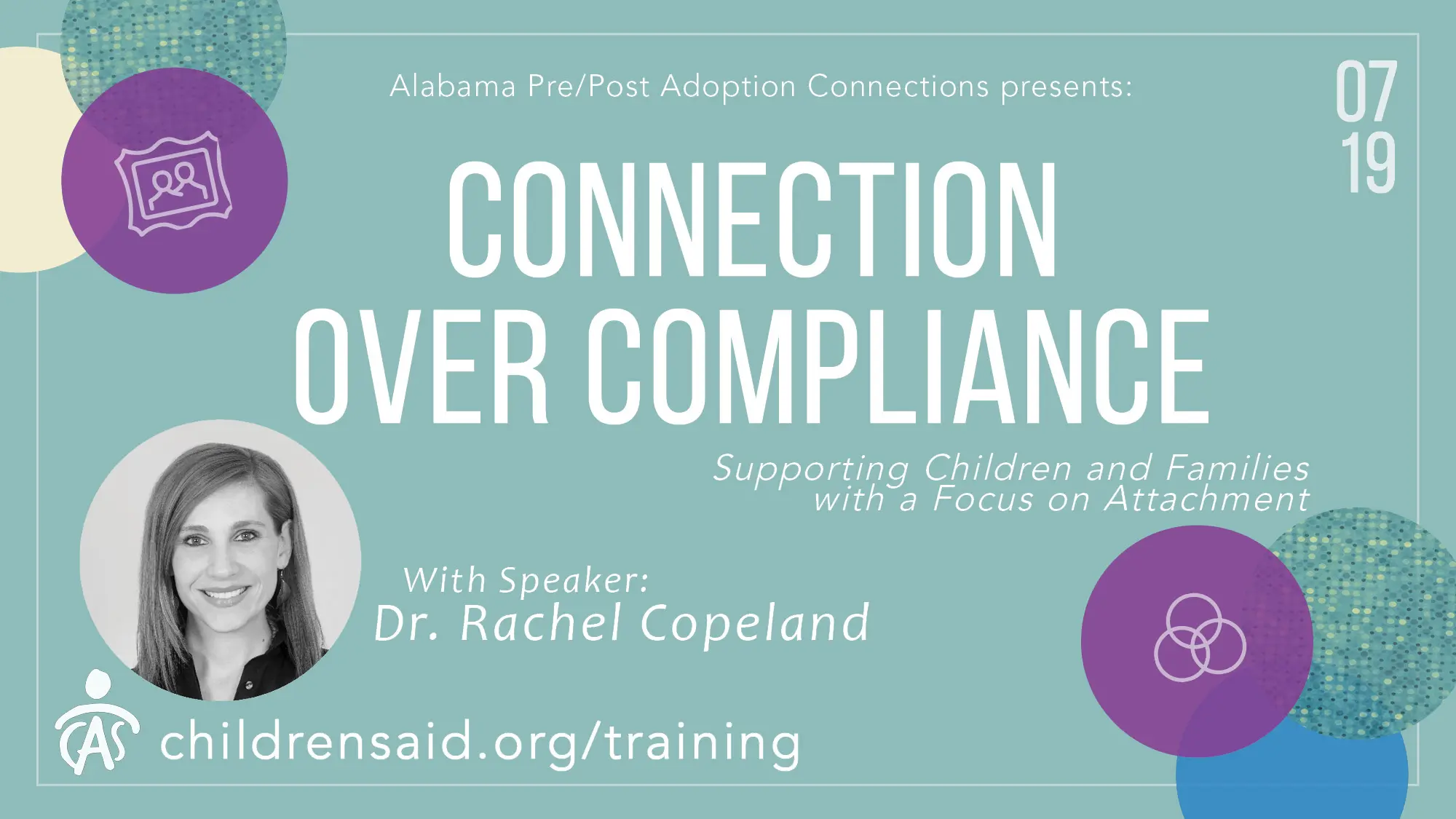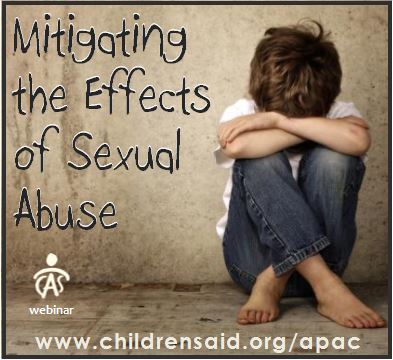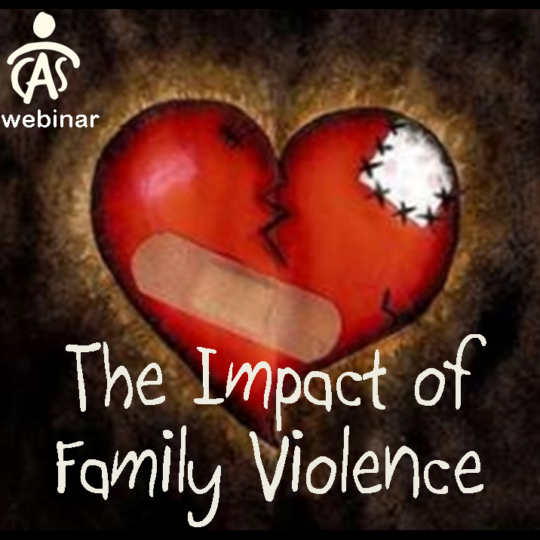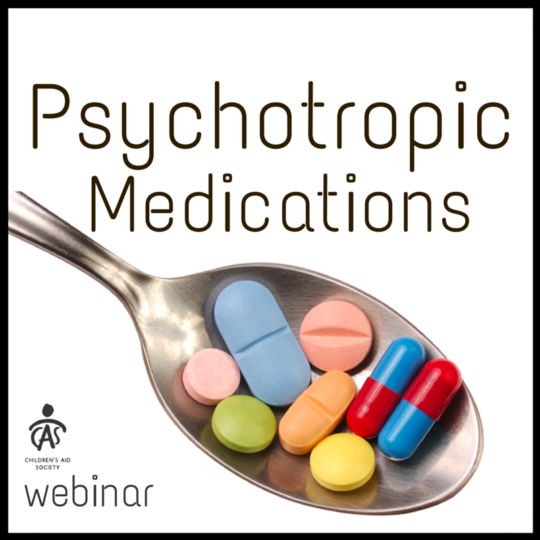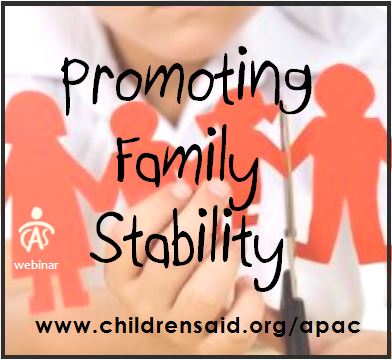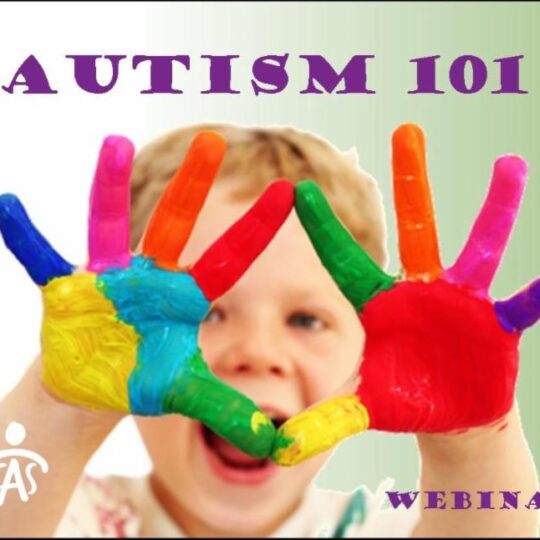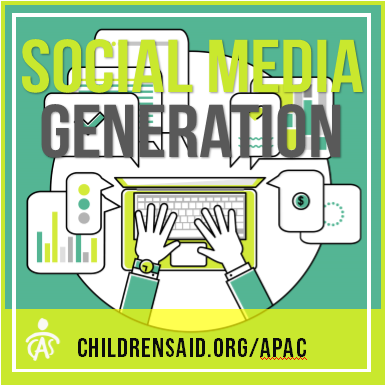Description
It is well known that the overwhelming majority of children placed in the foster care system have a history of childhood adversity and many have experienced physical, emotional or sexual abuse. Over half of all children placed in foster care have mental health issues over their childhood and adolescence, including reactive attachment disorder. Poor attachment is believed to be the mechanism responsible for many of these emotional and behavioral issues. Research shows that children who have poor attachments have more significant behavioral challenges, struggle with emotional and behavioral regulation, and have poorer attachments with their foster parents. We also know that when caregivers and providers implement attachment-based interventions with foster children, those children improve significantly over children who receive treatment as usual or behavioral-based interventions. Working with foster children can also be a challenging and frustrating experience. Typical strategies to manage difficult behaviors can be hard to use successfully. Often times, providers and parents get caught in the behavior-punishment cycle which frustrates both adults and children.
This training will provide participants with another way of engaging foster children and helping them grow and heal. The training will begin by providing an understanding of attachment theory and how it impacts brain development. It will then review interventions that can be useful in supporting foster children. A particular area of focus will be on how to build attachment relationships so that children can experience healing. Whether you’re a foster or adoptive parent, front-line service professional, or clinician, this is a training you will benefit from.

